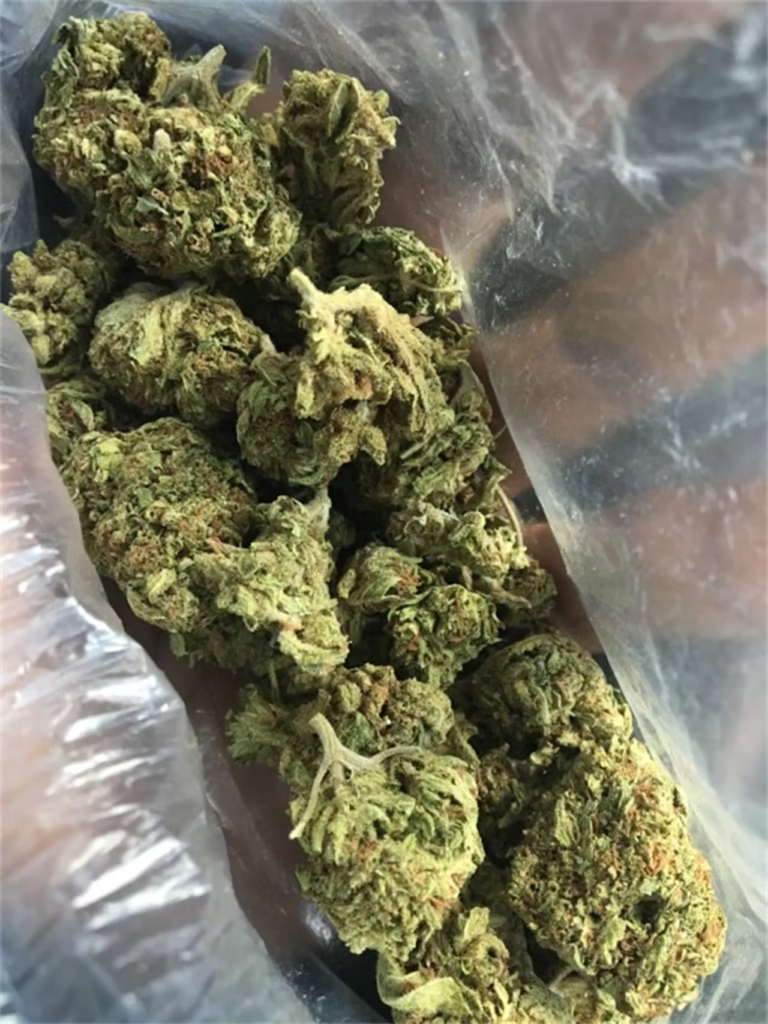Weed in Usulután: A Growing Concern and Response

Usulután, a department in southeastern El Salvador, has long been known for its rich agricultural landscape, with fertile soils that support a variety of crops such as corn, coffee, sugarcane, and vegetables. However, in recent years, the cultivation of illicit crops like marijuana has gained attention, not only for its impact on the local economy but also due to the associated social and environmental challenges. The growing issue of weed cultivation in Usulután is a complex one, involving local farmers, government intervention, and the broader national and international context of drug production.Weed in Usulután.
The Geography of Weed in Usulután
Usulután is strategically located in the eastern part of El Salvador, surrounded by hills, volcanic landscapes, and the Pacific coastline. Its climate is conducive to a variety of crops, and it has long been one of the country’s breadbaskets. In such a context, illegal crops like marijuana have become more attractive for many, offering higher profits than traditional farming.
Marijuana in the Local Economy Weed in Usulután
The cultivation of marijuana in Usulután is not new, but it has become a growing concern in recent decades.
For many small-scale farmers, the profits from marijuana are substantial compared to those from more traditional crops. A hectare of marijuana can generate significantly more income than a similar amount of land dedicated to coffee or corn. This economic incentive has made marijuana cultivation an increasingly popular choice, despite the risks involved.
The Impact on Local Communities
The spread of marijuana farming in Usulután has several implications for local communities. While some farmers may initially see economic benefits, the long-term effects can be destabilizing. One of the most significant consequences is the entrenchment of organized crime and violence in the region. This creates an atmosphere of fear and insecurity for residents, particularly those who are not involved in drug trade activities.
Additionally, marijuana cultivation can lead to environmental degradation.
Government Responses and Challenges
However, these actions are not without challenges.
Without providing alternative sources of income or improving agricultural infrastructure, eradication measures often fail to create lasting change.
A Broader Debate: Legalization and Economic Opportunity
However, legalization is a contentious issue in El Salvador. Furthermore, the legal infrastructure required to regulate and monitor cannabis production would take significant time and resources to implement effectively.
Conclusion
The issue of marijuana cultivation in Usulután is a multifaceted problem that highlights the challenges of balancing economic opportunity, law enforcement, and social stability. While marijuana may offer short-term financial relief for struggling farmers, the long-term consequences—environmental degradation, increased violence, and instability—pose serious risks to the region. To address the root causes of marijuana cultivation, El Salvador will need to focus on improving its agricultural sector, offering farmers alternatives, and considering broader policy changes that could transform the way the country deals with drug production. In the end, tackling the weed problem in Usulután will require both local and national efforts to create a sustainable, peaceful future for the region.
You’re the best when it comes to marijuana products , always taking care of me. Definitely recommending you to my friends. Thanks for the quick delivery .Really happy with the product .As usual, it’s top-notch. Keep it up you. you can contact them on email Scenthub43@gmail.com and also there Telegram : https://t.me/Scenthub43
wow Thanks for the referral they have great service and got the best weed around. and the delivery is so smooth

Thanks for always being reliable! I can always count on you for good product.
You’re the go-to in the area for a reason. Always a smooth experience